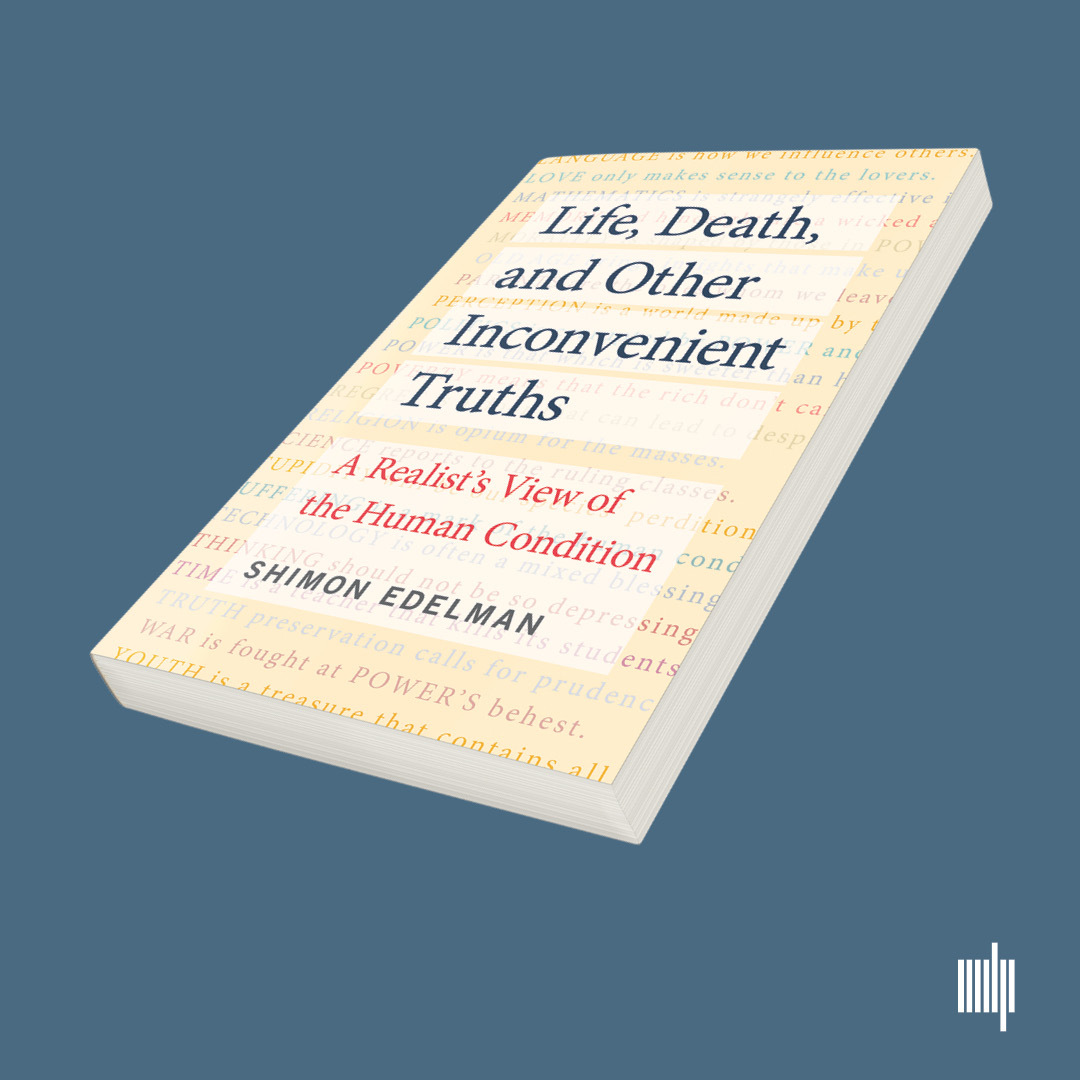Recently, one of our marketers discovered that Amazon does not allow "queer theory" to be included as a keyword in enhanced product descriptions (the fancy graphics you sometimes see at the bottom of a book page on Amazon).
She was uploading content for our new book by @alex_monea, The Digital Closet: How the Internet Became Straight.
The content was flagged automatically by an algorithm because using the word "queer" is--apparently--considered "a violation of community guidelines."
The content was flagged automatically by an algorithm because using the word "queer" is--apparently--considered "a violation of community guidelines."
In other words, our book about how LGBTQIA+ content is rendered invisible by the internet's infrastructure could NOT be tagged as "queer theory." Ironic, don't you think?
As Monea explains, “The internet is being policed by overbroad, heteronormative algorithms that are routinely censoring art, literature, and LGBTQIA+ content across the world.”
This issue is not just about Amazon. It's not just about publishing. It's about the systemic anti-LGBTQIA+ bias that we encounter EVERYWHERE on the internet, from online retailers to search engines to porn sites.
Monea traces this phenomenon to the United States' 30-year war on porn and the over-regulation of sexual content, which has been driven by anti-porn activists, religious groups, biased coders and moderators, and many others.
The collateral damage of this crusade has been the censorship of LGBTQIA+ community resources, sex education materials, art, literature, and other content that engages with sexuality but would rarely ever be categorized as "pornography."
When President Obama declared June 2009 #PrideMonth, he evoked the Stonewall uprising and observed that the Pride movement in America was born out of resistance. It was, and will continue to be, about calling attention to injustices and standing up against them.
This month, as we celebrate the contributions of the LGBTQIA+ community and defend their right to be themselves freely and openly, we cannot lose sight of how much work there is left to do--and what remains at stake.
“Just as the door to the closet seemed to have been pried open with the blood, sweat, and tears of millions of people," Monea writes, "its logic is being rearticulated in our digital world and embedded in the infrastructure of the internet.”
This is why inclusivity and representation are so important. Everyone should have access to sex education resources that reflect their reality. Everyone should be able to engage with art that inspires and speaks to them, without having to fight against opaque modes of censorship.
So, how do we resist the Digital Closet? We need to demand accountability from those in positions of power, from tech giants to social media companies. We cannot let them perpetuate the same mistakes from our past.
Equality. 👏 Is. 👏 For. 👏 EVERYONE. 👏 (And getting there goes WAY beyond posting a rainbow profile pic on Twitter.)
More on Alex's book here:
More on Alex's book here:
https://twitter.com/alex_monea/status/1515376493261737984
• • •
Missing some Tweet in this thread? You can try to
force a refresh







